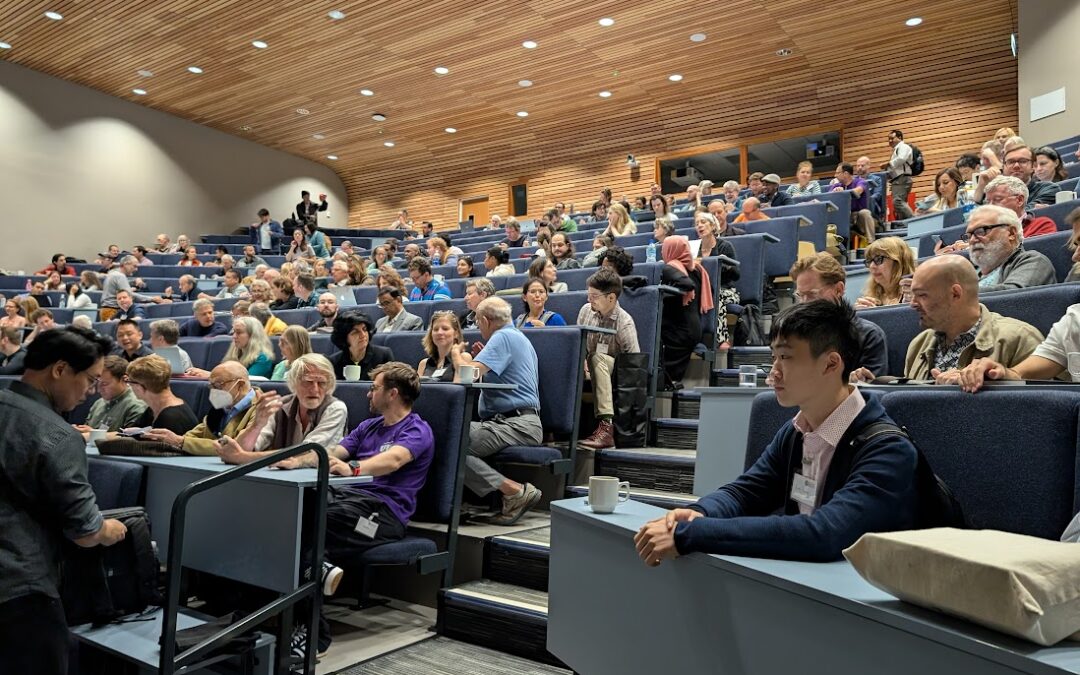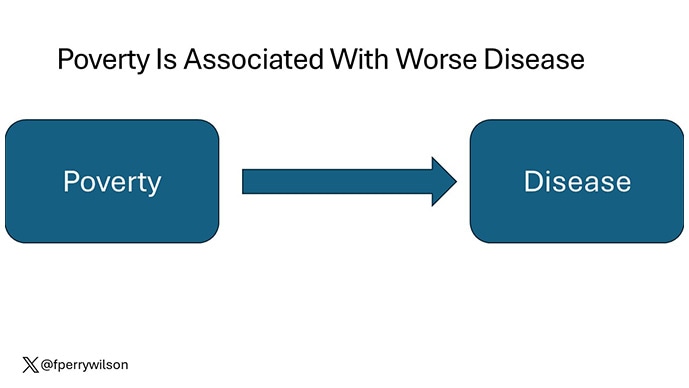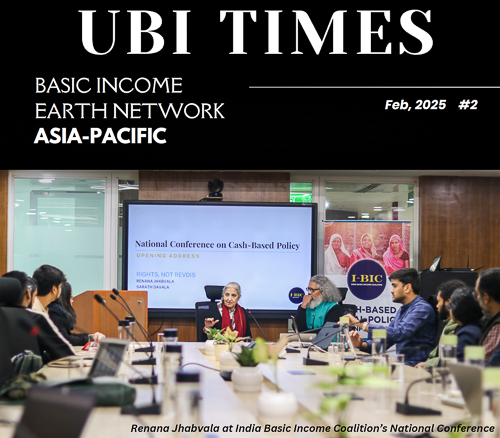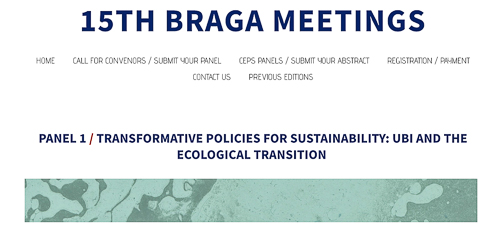
Can Universal Basic Income Transform China’s Fight Against Poverty?
Research presented at the 2024 BIEN Congress explores China’s possible shift from existing social assistance programs toward Universal Basic Income (UBI), raising insights into poverty alleviation and social equity.
Conducted by interns Zhao Muge, Wu Yifan, and Huang Xinhe under the guidance of scholars Cheng Furui and Ye Jiabin, the study titled “Can China Move Towards the UBI?” evaluates China’s current Minimum Livelihood Guarantee (Dibao) and targeted poverty alleviation policies, proposing UBI as a potential next step.
The study highlights that China’s Dibao policy, intended to provide a minimum living allowance to low-income households, initially showed strong results in poverty reduction—particularly evident in rural areas. For example, a 1 percent increase in rural Dibao expenditure corresponded to a 6.8 percent reduction in poverty in regions like Shanxi Province from 2008 to 2018. However, over time, Dibao’s effectiveness declined due to welfare dependency, stigmatization of recipients, and administrative inefficiencies, including inadequate adjustment mechanisms for benefit standards and cases of resource misallocation. From 2015-2016, the reduction in the poverty rate in some parts of China was less than 30 percent.
Transitioning from subsistence allowances to targeted poverty alleviation was a necessary step to improve the efficiencies of the program, the study’s authors argued. The number of rural Dibao beneficiaries began to surpass urban beneficiaries around 2007 and peaked in 2013, prompting China to implement targeted poverty alleviation policies. From 2018 to 2020, the number of rural beneficiaries vastly exceeded urban beneficiaries, emphasizing the critical need for interventions targeting rural poverty. Next, the study discussed the advantages of targeted poverty alleviation compared to subsistence allowances. Case studies showed that targeted poverty alleviation can be implemented through infrastructure development, industry support, education, and other means. Compared to Dibao, targeted poverty alleviation places more emphasis on enabling self-development through comprehensive measures. As a result, it has a broader scope, more projects, and is more comprehensive and in-depth, leading to sustainable poverty alleviation.
The research also explores the theoretical and practical groundwork supporting UBI implementation in China. Theoretically, UBI aligns with China’s goal of common prosperity and narrowing the wealth gap. Practically, the COVID-19 pandemic provided an experimental foundation through widespread government-issued consumption vouchers, which effectively stimulated local economies, with economic multipliers ranging up to tenfold in certain cases.
The paper outlines several feasible pathways for China’s gradual implementation of UBI: using dividends from carbon emissions trading, establishing a permanent citizen trust fund financed by state-owned enterprises, adopting negative income tax schemes to enhance employment incentives, and distributing subsidies adjusted according to regional poverty lines and demographic factors.
Despite recognizing challenges, such as funding sources, potential increased tax burdens, and the risk of disincentivizing labor participation, the research strongly supports the viability and potential benefits of UBI. Ultimately, the authors conclude that by carefully addressing these challenges, China could successfully integrate aspects of UBI into its social welfare system, significantly reducing poverty, enhancing social equity, and driving sustainable economic growth.






